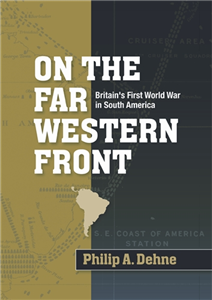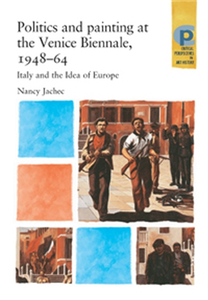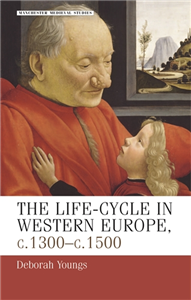Canongate Books Ltd.
Canongate is an independent publisher: since 1973 we’ve worked to unearth and amplify the most vital, exciting voices we can find, wherever they come from, and we’ve published all kinds of books – thoughtful, upsetting, gripping, beatific, vulgar, chaste, unrepentant, life-changing . . . Along the way there have been landmarks of fiction – including Alasdair Gray’s masterpiece Lanark, and Yann Martel’s Life of Pi, the best-ever-selling Booker winner – and non-fiction too. We’ve published an American president and a Guantanamo detainee; we’ve campaigned for causes we believe in and fought court cases to get our authors heard. And twice we’ve won Publisher of the Year. We’re still fiercely independent, and we’re as committed to unorthodox and innovative publishing as ever. Please find the link to our latest Rights Guide with digitial content here: Rights Guide and our Canons Guide here: Canons Guide
View Rights Portal























